Tundu Lissu Faces Treason Charges as Tanzania's Opposition Struggles for Reform
- by Salama, RNG247
- about 9 months ago
- 105 views
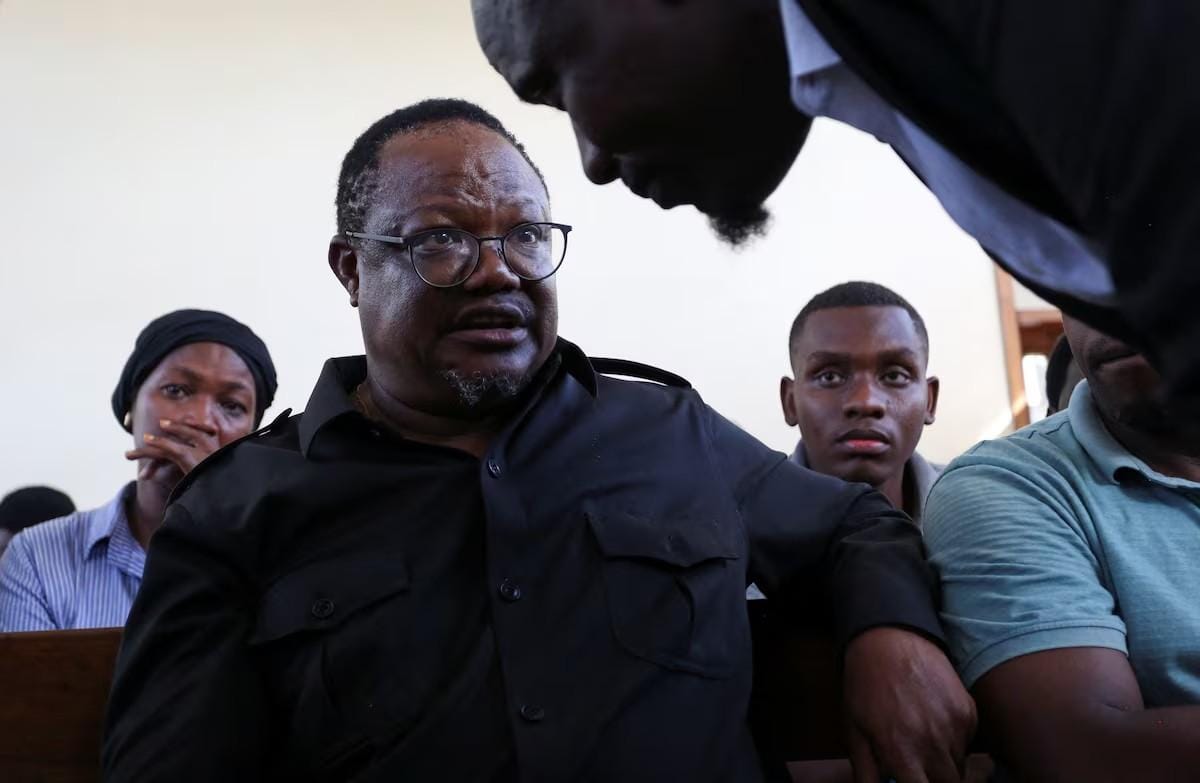
Tundu Lissu, a prominent figure in Tanzania's opposition and a fierce critic of the government, finds himself in a precarious position. After surviving an assassination attempt in 2017 and enduring multiple arrests, Lissu is now charged with treason, a capital offense that could have dire consequences for his political future and the opposition party he leads.
As the head of the Chadema party, Lissu has been vocal about the need for electoral reform under the campaign slogan "No Reforms, No Election," in anticipation of national polls slated for later this year. Political scientist Aikande Kwayu commented on Lissu's determination, stating, "He is passionate about politics. He genuinely wants change." However, she cautioned that his inflexible approach leaves little room for alternative solutions, which may hinder his effectiveness as a leader.
The treason charges against Lissu have been described by his legal counsel as politically motivated. Prosecutors allege that his rhetoric is inciting rebellion, aiming to disrupt the upcoming elections. In a troubling twist, Lissu has been remanded in custody and has not yet submitted a plea regarding the allegations.
Lissu’s political journey began in 1995, when Tanzania held its first multi-party elections after decades of single-party dominance. Though he did not win a parliamentary seat in that election, his commitment to human rights advocacy established him as a significant voice in Tanzanian politics. His career gained momentum when he was elected as a member of parliament for Chadema in 2010, climbing the ranks to vice chairman and then, amid a divisive leadership contest, to party president in 2023.
Before the fateful assassination attempt in 2017, which forced him into a period of exile, Lissu had already faced arrest several times under the administration of then-President John Magufuli. That year alone saw multiple charges leveled against him for incitement, underscoring the government's intolerance for opposition. The attack that nearly took his life—where he was shot 16 times by unknown assailants—radicalized Lissu, leading to a newfound sense of fearlessness according to Nicodemus Minde, a researcher at the Institute for Security Studies in Nairobi.
Lissu's resilience allowed him to return to Tanzania in 2020 to run for the presidency against Magufuli, but he was forced to flee again amid threats to his safety. Following the death of Magufuli in March 2021, which many viewed as an opportunity for political change, Lissu expressed his fervent commitment to restoring democracy in Tanzania.
The appointment of Samia Suluhu Hassan as president initially sparked optimism for political reform, as she appeared to reverse some of Magufuli's oppressive measures—lifting bans on political rallies and engaging in dialogue with opposition figures. Lissu was welcomed back in 2023 by enthusiastic supporters, yet the political landscape quickly darkened as human rights activists accused Hassan’s administration of stifling dissent through a renewed wave of repression, entailing unexplained disappearances and violence against opposition members.
In response to these pressures, the parliament did pass legislation aimed at enhancing the independence of the electoral commission. However, opposition parties contend that the reforms are insufficient, particularly given the new treason charges against Lissu, which threaten to unravel the already fragmented Chadema party.
Currently holding 20 seats in Tanzania's 393-member parliament, CHADEMA's future in the upcoming elections is uncertain. The party's stance, led by Lissu, risks alienating potential voters if they choose to boycott the elections, a move some analysts fear could diminish their representation and relevance in the government.
Minde noted that while some of Lissu's staunch supporters may view the treason charges as a badge of honor, they also represent a profound signal of the lengths to which the government will go to maintain its hold on power. As Tanzania approaches a critical election year, the pressure mounts for both Lissu and the Chadema party as they navigate a turbulent political landscape fraught with peril and opportunity.




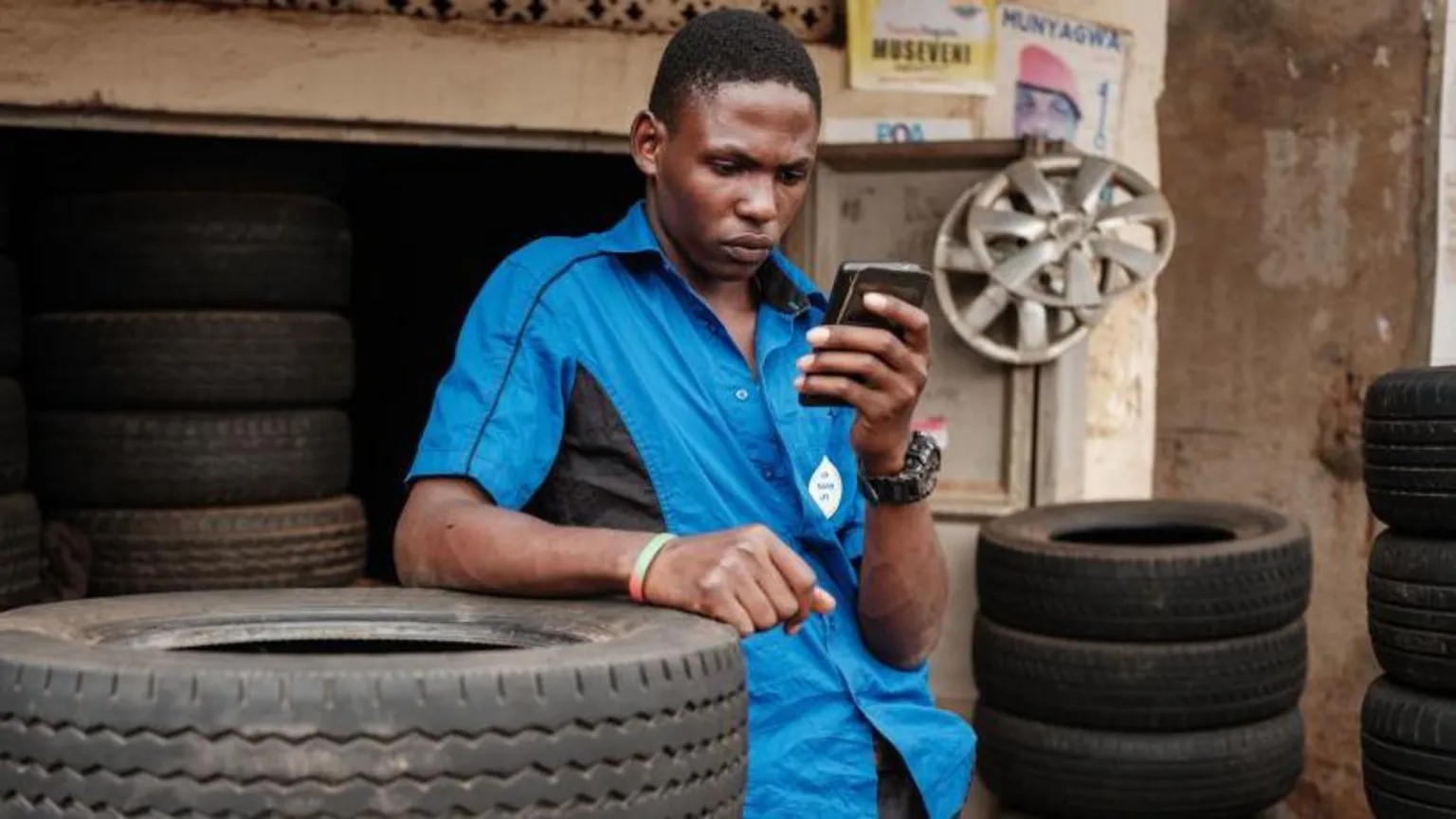
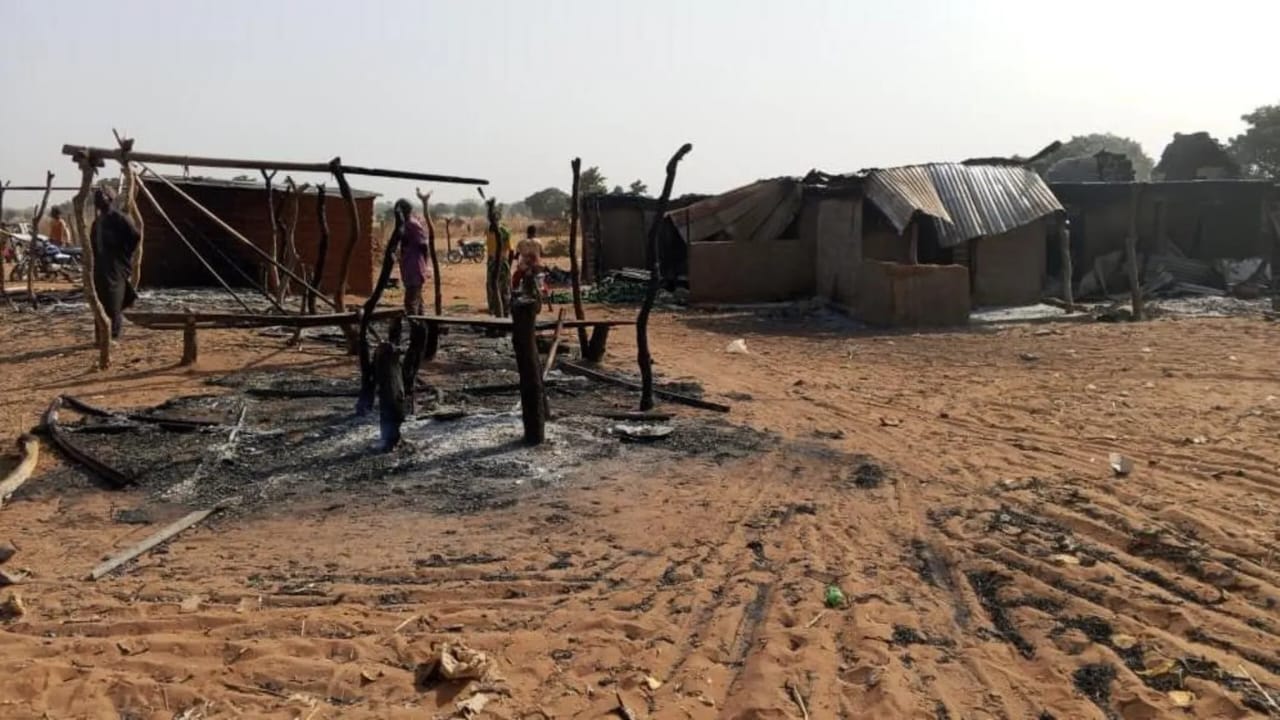
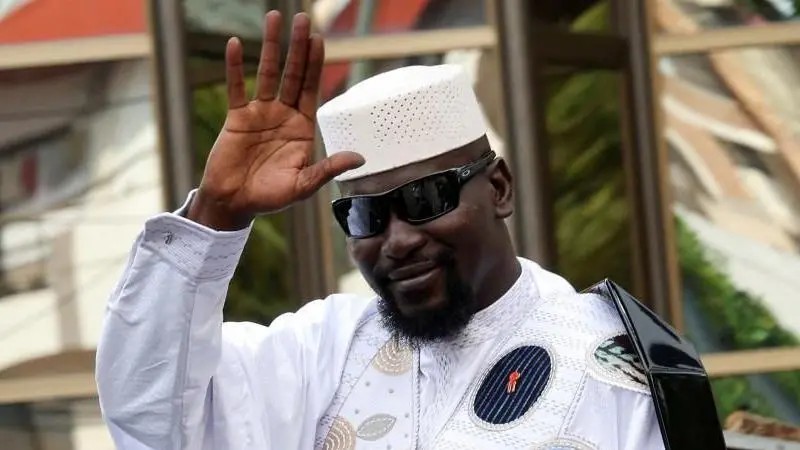
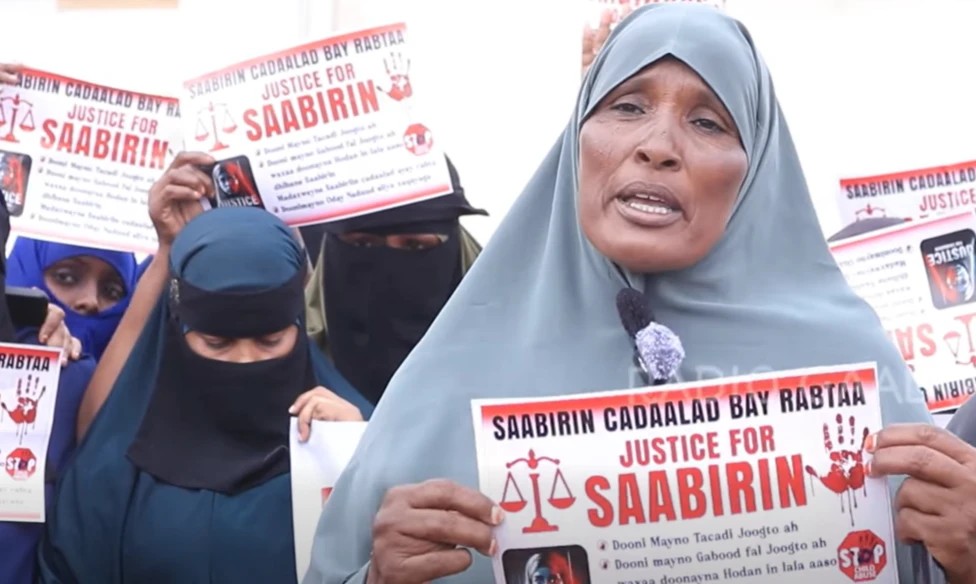


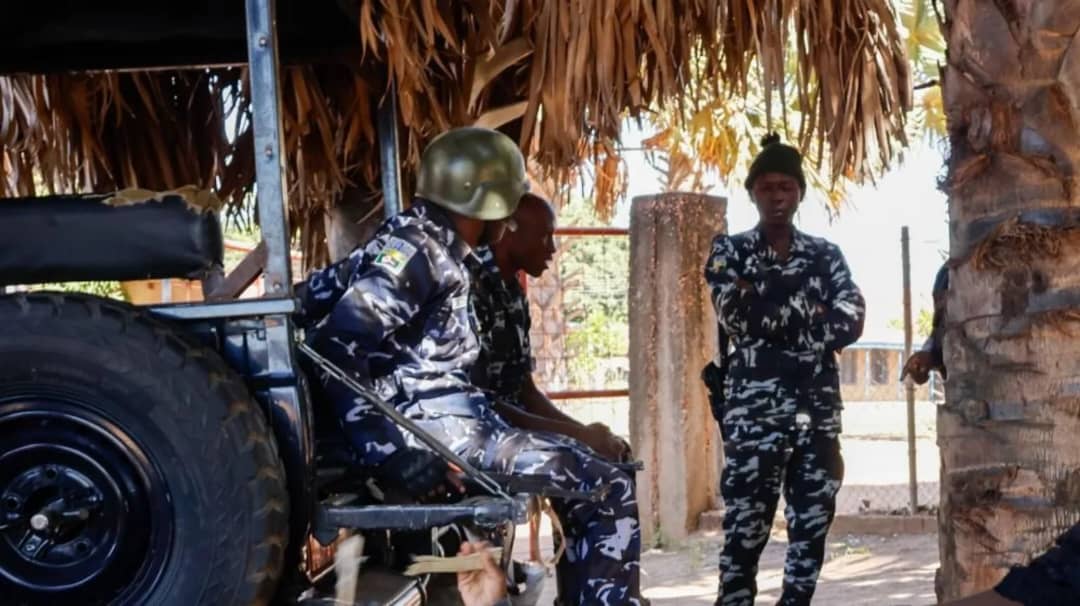
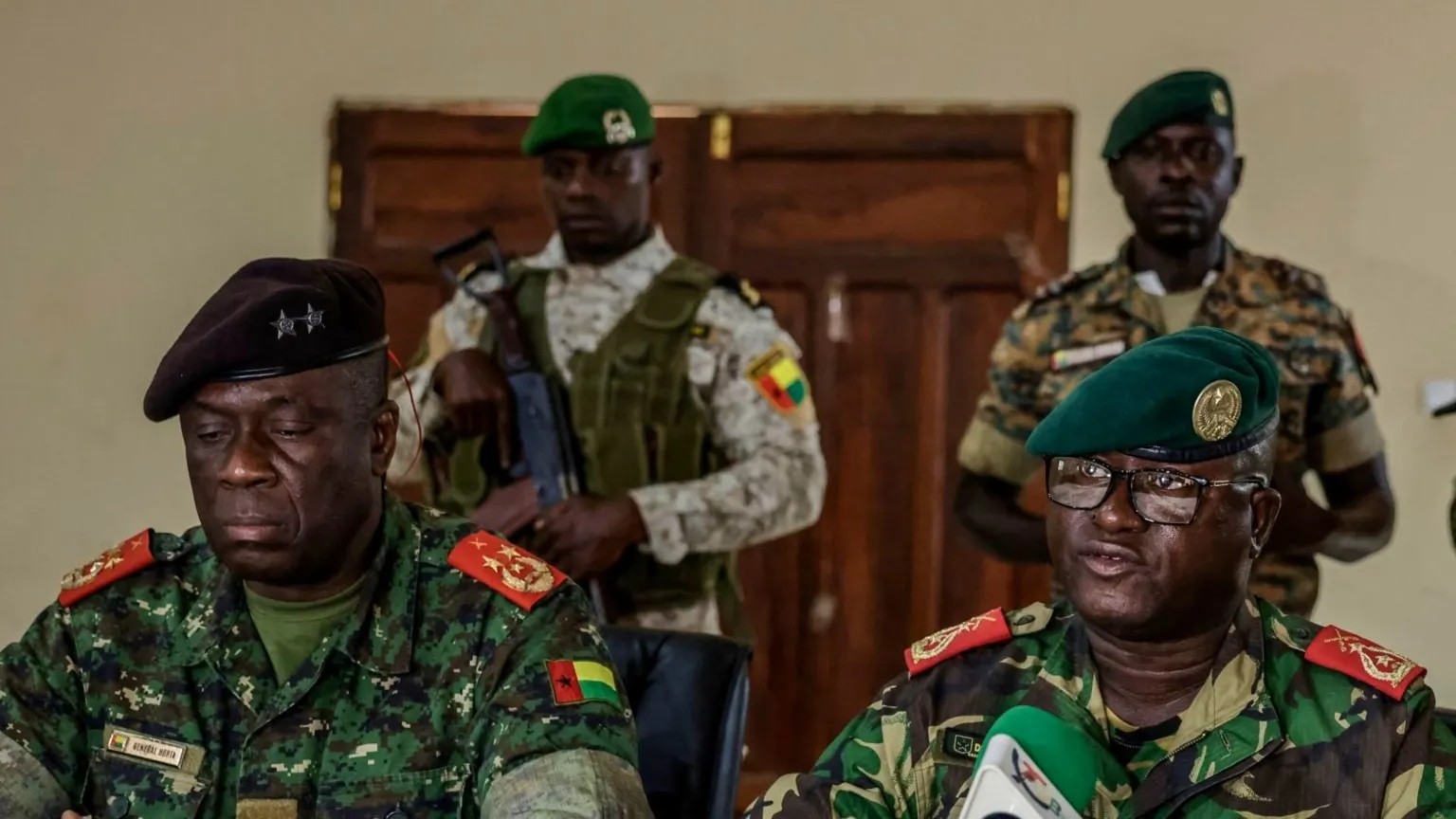
.jpg)
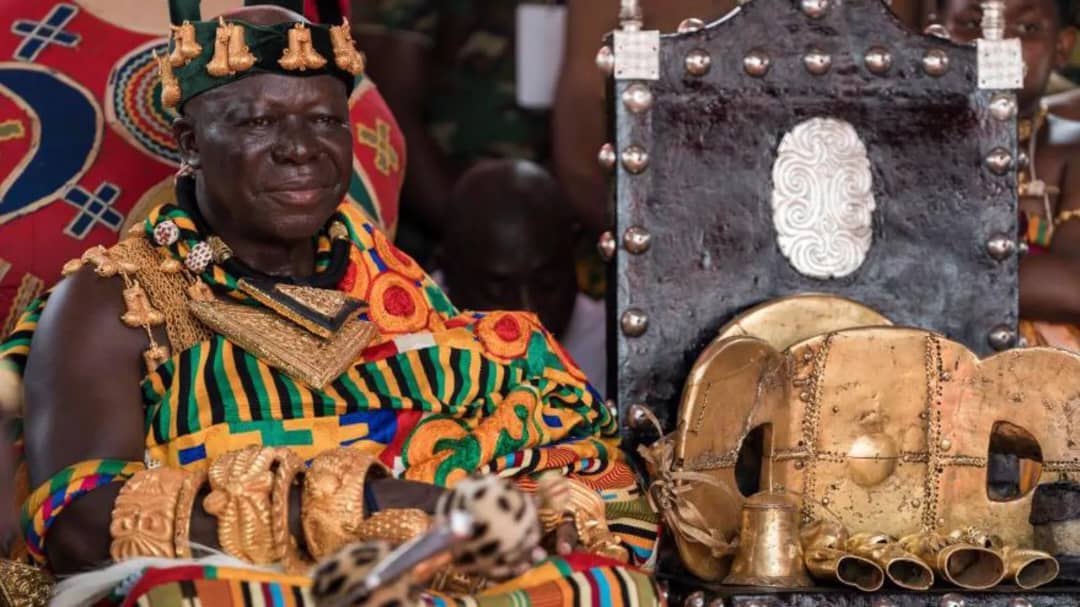


0 Comment(s)